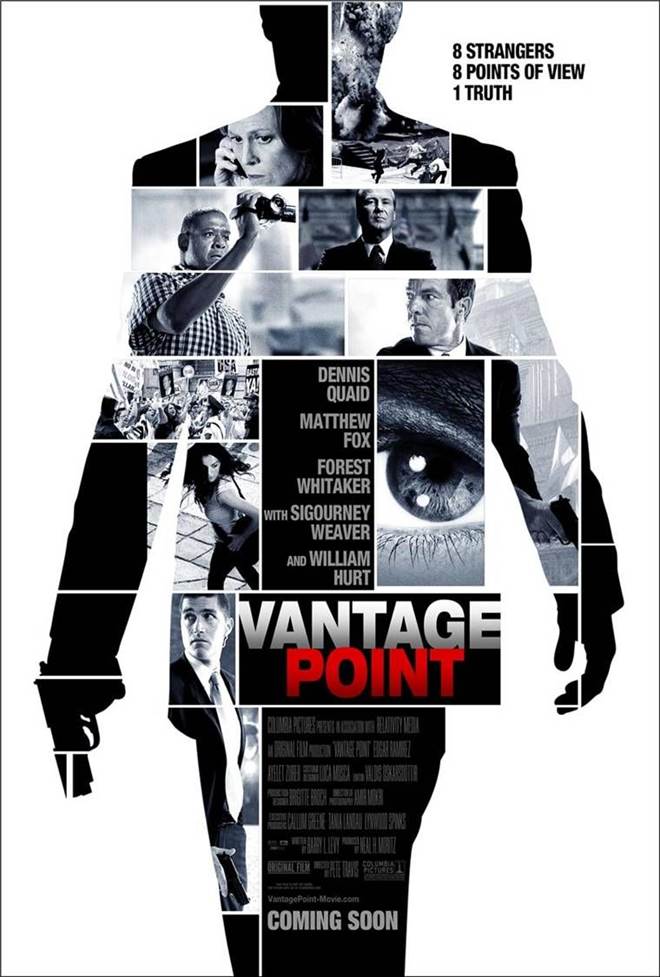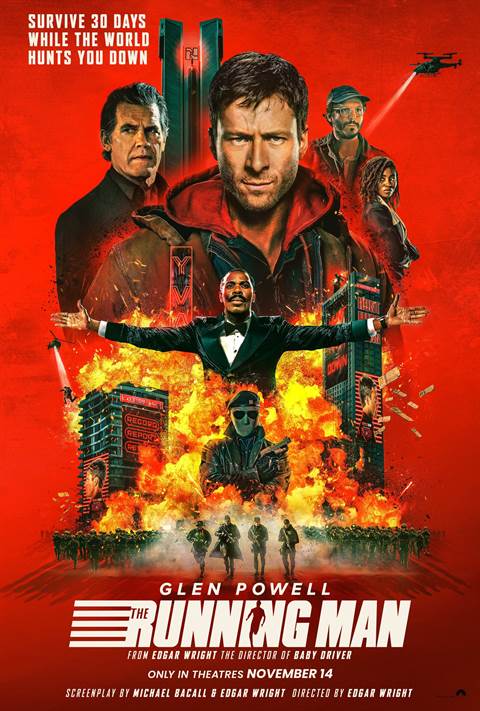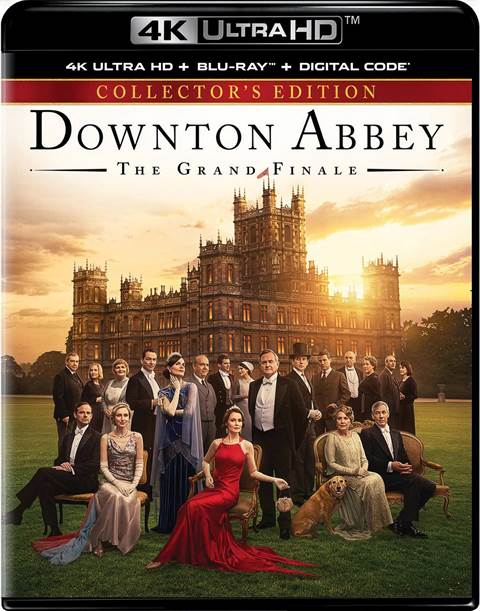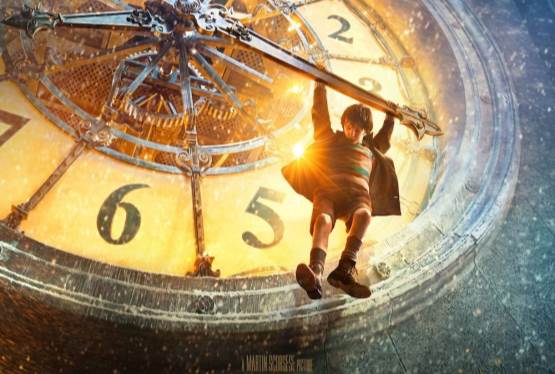Vantage Point (2008) Review

In Vantage Point, the use of the "rewind the action" to show us the same scene over and over ... and over ... and (yawn) over also impacts the viewer: it creates frustration and boredom. The use of the camera-angle to give is a constipated-looking Dennis Quaid seeing things (on tapes) we cannot and going "Oh my God!" also generates frustration. I'm pretty sure that's not what first-time film director Pete Travis was going for but it's what I experienced.
The film's story is about the President of the United States (called POTUS in secret-service speak so we know they're insiders--but really they use code-names like Renegade ... which is Obama's and Evergreen which is Hillary's) who is giving a speech on terrorism in Salmanca Spain. Terrorists have his number and the secret service has a returning veteran who took a bullet for the guy coming back after convalescence and a nervous breakdown. Will he redeem himself? Hey, it's a sophisticated movie--not a Hollywood-ized action thriller. Will the cute moppet survive almost being killed? Hey, this isn't the spoon-fed formula. Are the ethnic people terrorists? Well, you know: this is cinema--not just a movie.
Oh wait, it's entirely predictable.
There are characters who are so easily made by the audience I'm surprised the characters don't make them sooner. There are actors there like Forest Whitaker who have almost literally nothing to do. Forest plays a guy on vacation who somehow makes into the heart of the huge political event. He is the world's worst camera man, standing in yokel-like slack-jawed awe-struckness waving his camera all over the place often looking at anything but the president. Of course he sees things that aren't meant to be seen--and he gets lucky when he runs around filming the action--but beyond that? Almost nothing.
And don't get me started on the plot: The time the president is most vulnerable is when he's giving a speech in public before thousands of fans which are (it turns out) loaded with terrorists, right? So what's the real secret plan? Why to ensure that the president is actually in his command center surrounded by secret service: that's where they'll actually get him! Huh? And it hinges on one guy who's not even a true-believer being able to take on the entire secret service and ... huh?
I think the moral of the story is this: "Don't go to Salmanca Spain to give a speech." That's about all I can take away. Oh, and one other thing: if your advisers tell you to bomb "a friendly Arab nation because they are harboring terrorists"? Yes, refusing is a good idea: but look closely. Their target may be a zombie farm from Resident Evil. You might want to blow that stuff up after all.
Cast:
Directed By:
MPAA Rating: PG-13
Running Time: 90 minutes
Distributed By: Sony Pictures
For more information about Vantage Point visit the FlickDirect Movie Database. For more reviews by Marco Chacon please click here.
Vantage Point images are courtesy of Sony Pictures. All Rights Reserved.
ABOUT THE AUTHOR
SPONSORED LINKS
Today's Digital HD Deals View All
American Underdog
WAS: $14.99
NOW: $4.99
NOW: $4.99
Hugo
WAS: $14.99
NOW: $4.99
NOW: $4.99
Ginger Snaps
WAS: $9.99
NOW: $7.99
NOW: $7.99






